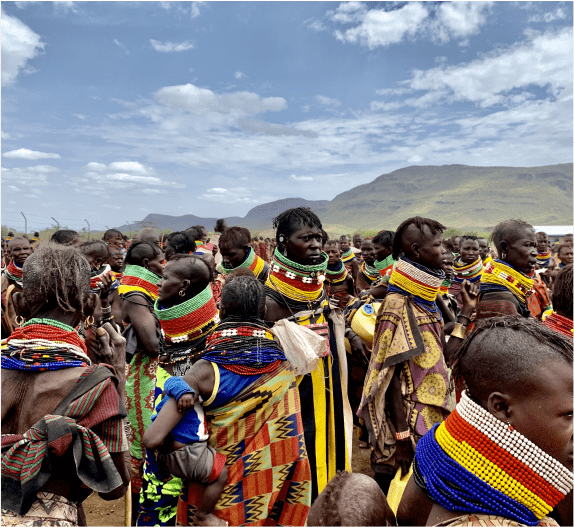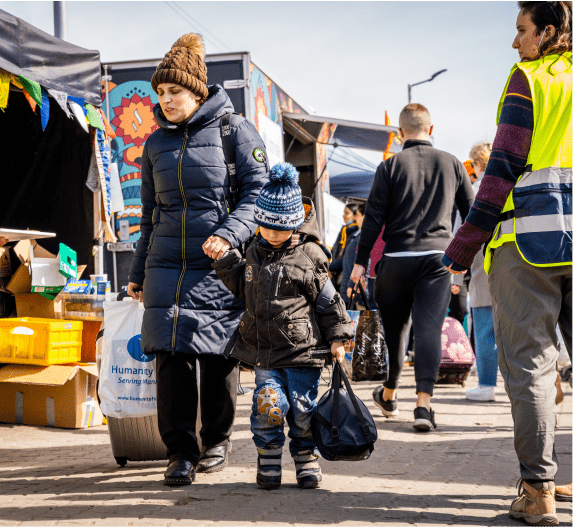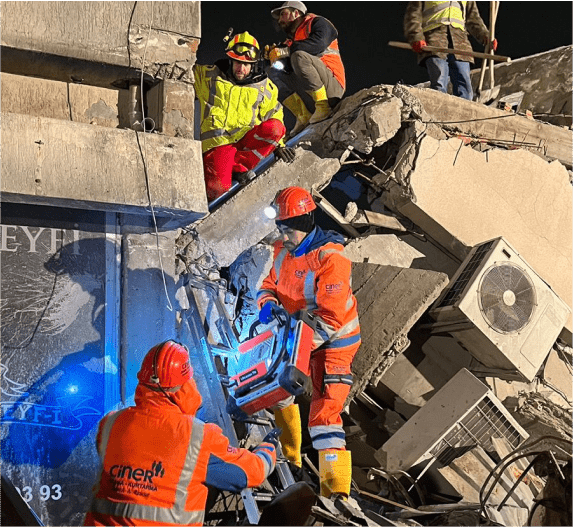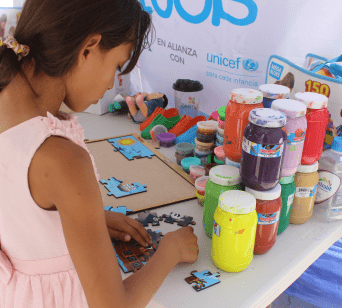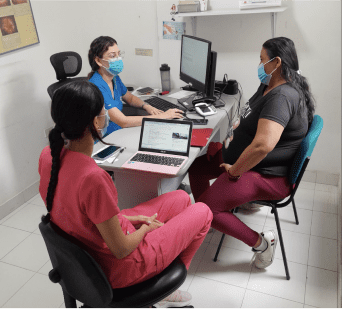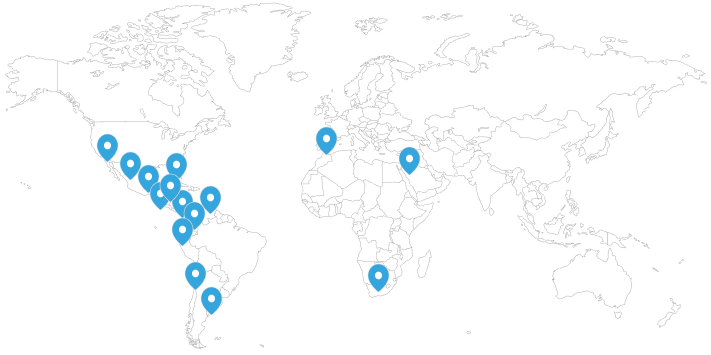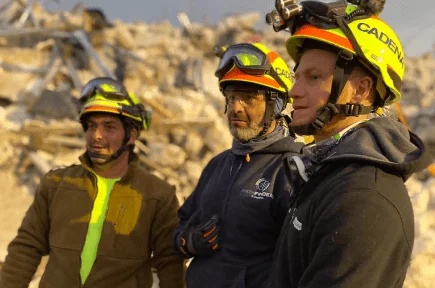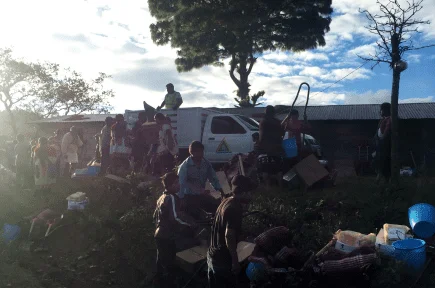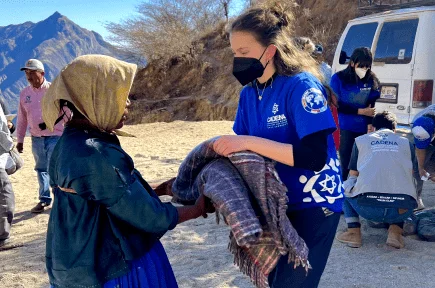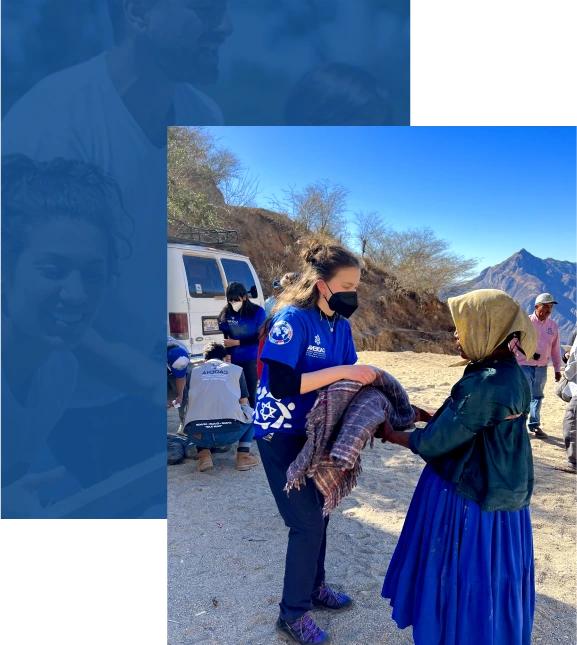
By the same token, it is also our belief that the role we adopt by helping others is rooted in this fundamental interdependence, not that we are imposing ourselves in a position not meant for us. To help others is a responsibility that lies with us on the sole ground of us being humans.
Water for All is a sustainability and resilience project created thanks to our CADENA team in Costa Rica. The project is aimed at ensuring a common source of access to clean water for vulnerable communities, especially in rural areas. With this goal in mind, we designed a rainwater collection system, which is effective, long lasting, and easy to install.
From Waste to Change was the winning project of the CADENA Initiative of 2014. Since then, it has become an ongoing activity of our organization. Through this project we aim at building roofs to protect families vulnerable to heavy rainfalls and floodings. The roofs are made with recycled Tetra Pak cartons, meaning that, in parallel, it also aims to reduce environmental impact and educate communities on recycling, sustainability, and humanitarian aid.
For one of our resilience projects, we have helped rebuild several community facilities in marginalized areas. Between 2017 and 2018, we reconstructed 64 homes in the Miguel Hidalgo community in Chiapas, southern Mexico, after they collapsed due to the September 2017 earthquakes. We also restored 118 homes, built 110 bathrooms and kitchens, made minor repairs to 37 homes, and reconstructed a health center and two classrooms. In another iteration of this project during the same time period, we reconstructed an elementary school in Jojutla, Morelos, south-central Mexico, used by 460 students and 20 teachers. With the support of Walmart and other partner companies, we restored 12 classrooms, the media room, the library, the administrative office, a multi-purpose court, and other common areas.
The TEN-CADENA center is a joint program with Project TEN guided by two key aims. On the one hand, it promotes the participation and activism of volunteer work. On the other hand, this is a project aimed at increasing resilience by working steadily with certain vulnerable communities. Currently, this project is located in the State of Mexico, central Mexico, and is in charge of providing support from an approach based on sustainable development. Said support takes many forms, ranging from educational programs and reconstruction to the creation of gardens. The center also offers a growth space for volunteers who work with a Tikkun Olam approach. In another iteration of this project during the same time period, we reconstructed an elementary school in Jojutla, Morelos, south-central Mexico, used by 460 students and 20 teachers. With the support of Walmart and other partner companies, we restored 12 classrooms, the media room, the library, the administrative office, a multi-purpose court, and other common areas.
